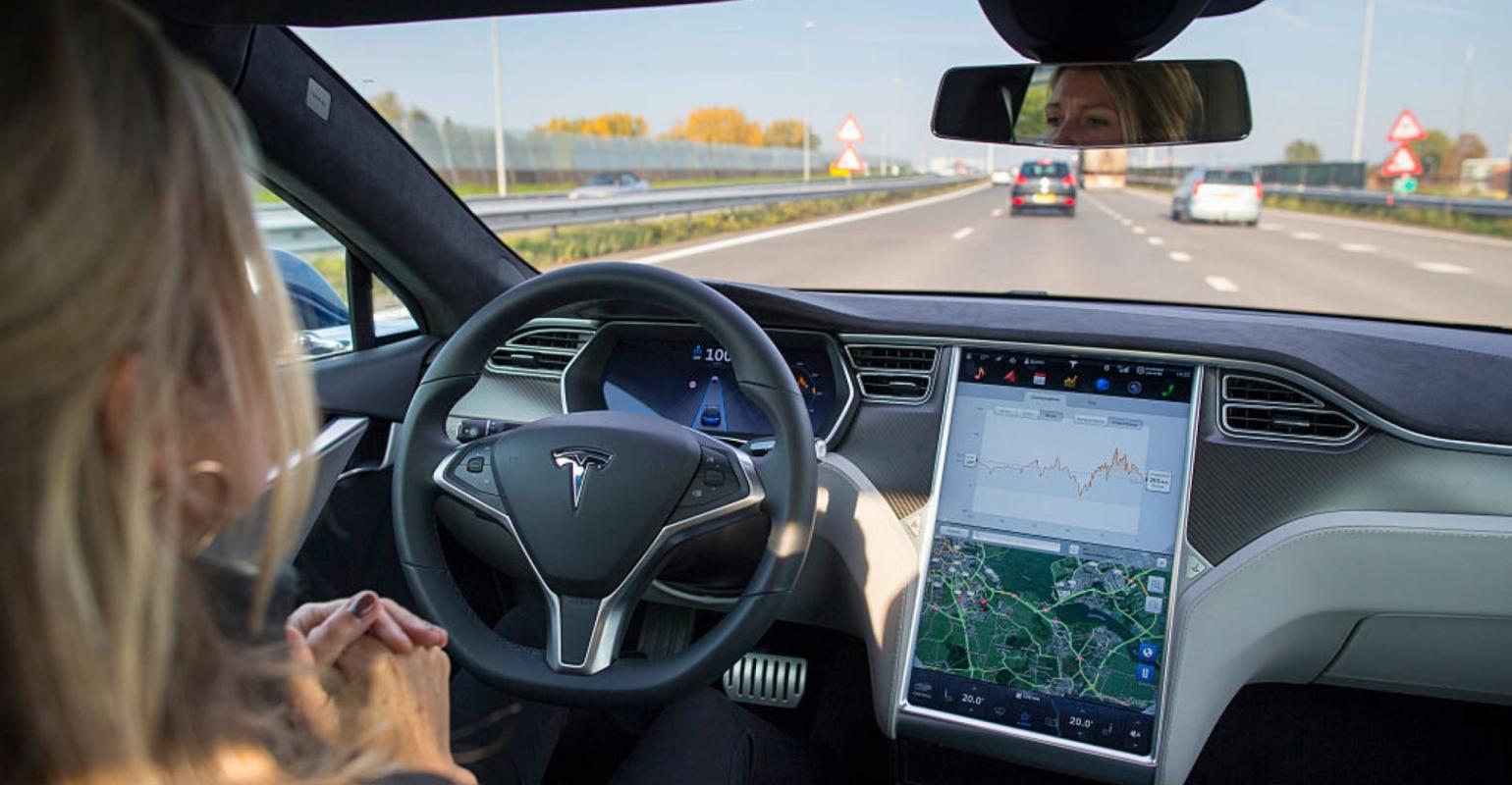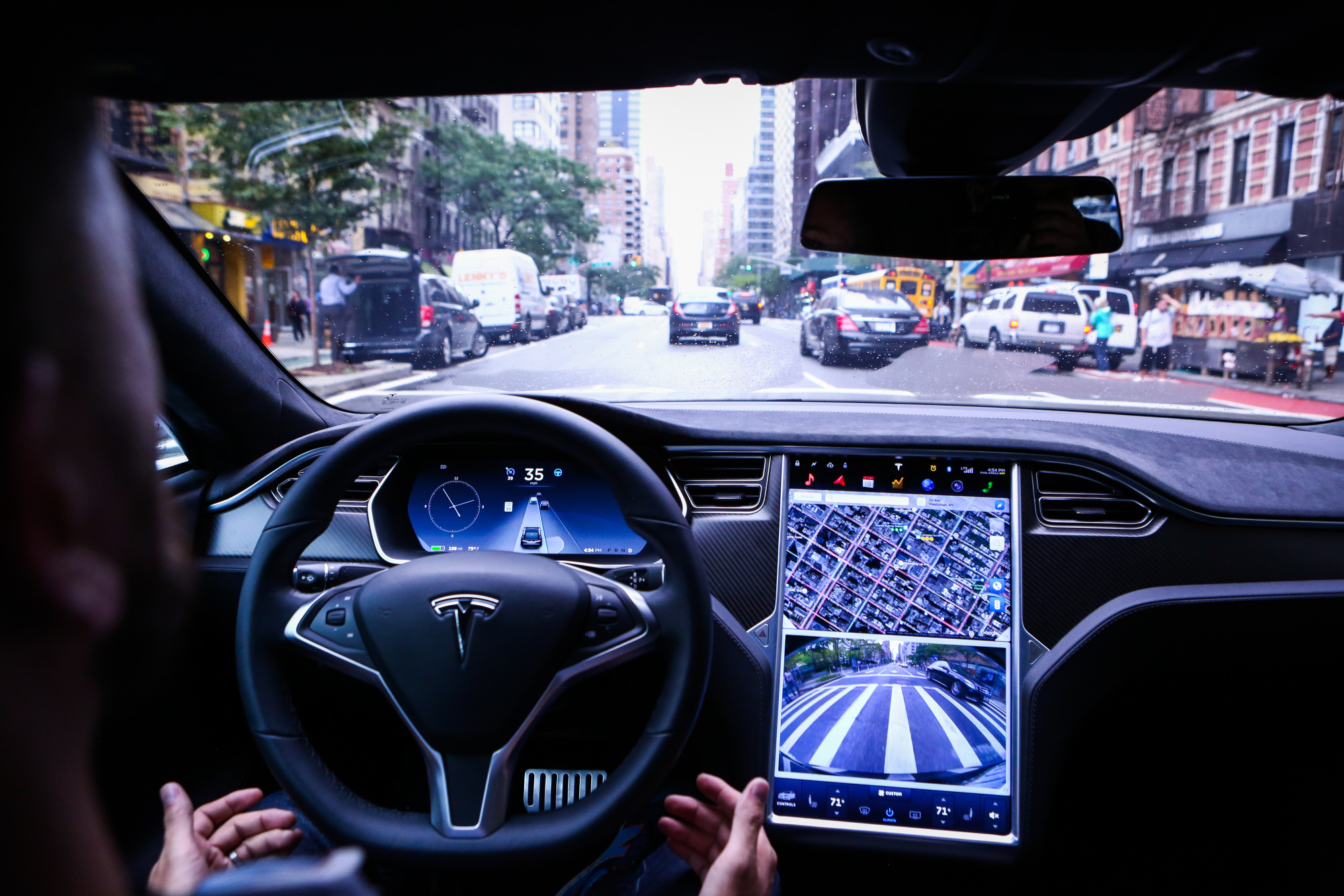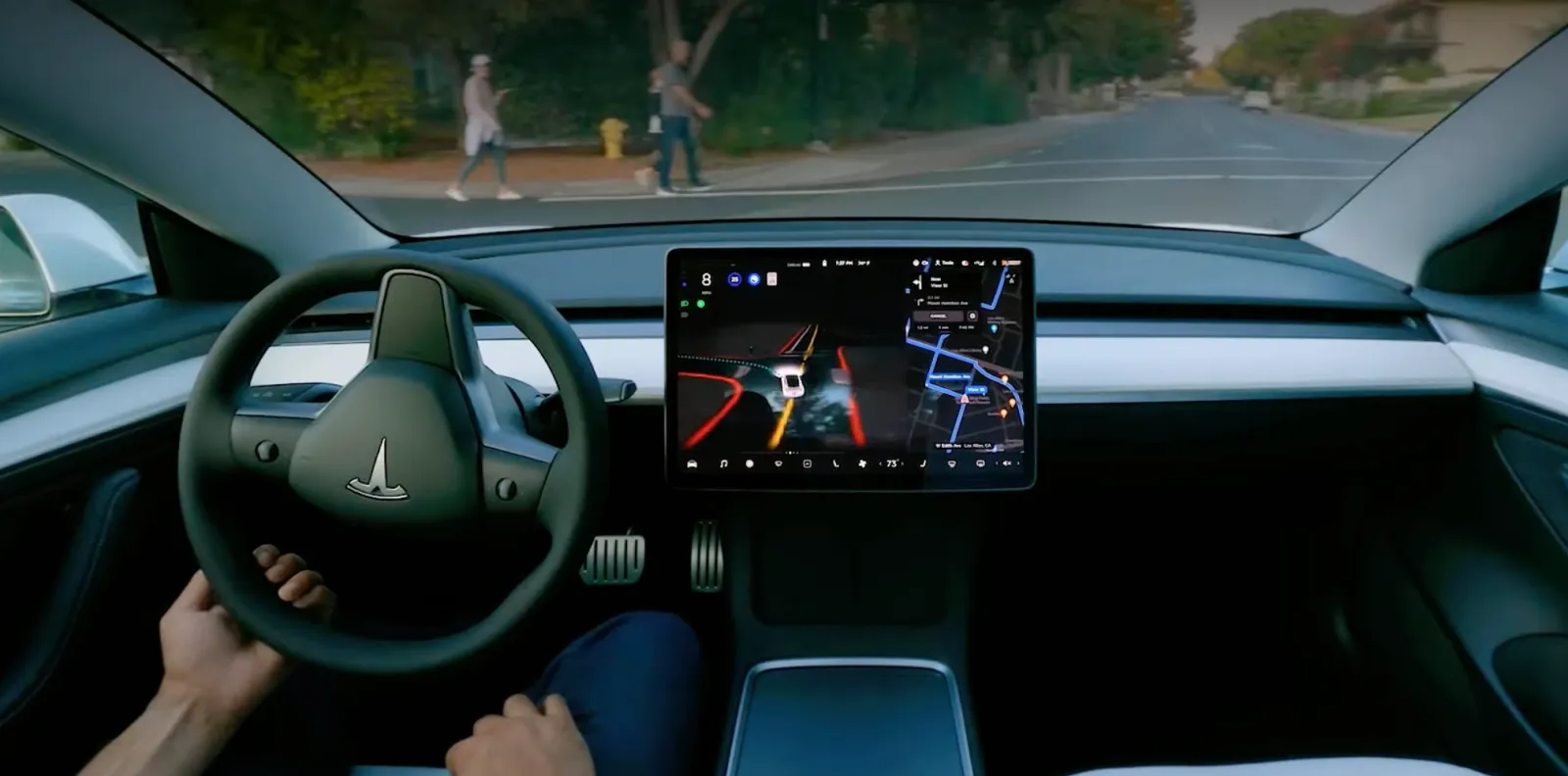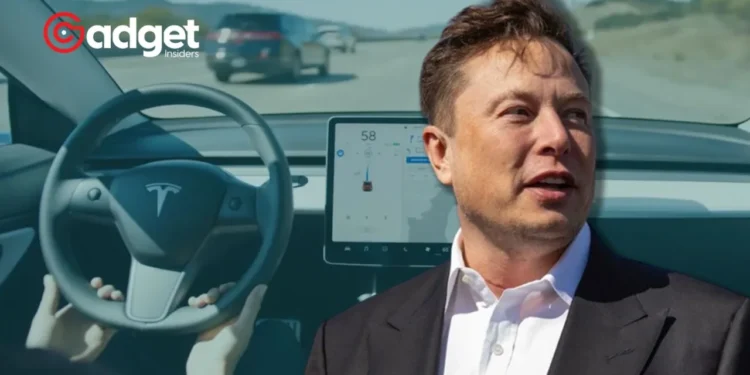In an industry that thrives on innovation and cutting-edge technology, Elon Musk’s recent move to license Tesla’s Full Self-Driving (FSD) system to rival automakers has sparked intrigue and skepticism in equal measure. Despite the transformative potential of Tesla’s advanced driver assistance technology, the offer has yet to find any takers among the world’s leading car manufacturers.
This development raises questions about the future of autonomous driving technology and its acceptance in the automotive sector.
Elon Musk’s Revolutionary Yet Controversial FSD System
Tesla’s FSD technology has been at the forefront of the autonomous driving conversation, promising a future where cars navigate the complexities of roads with minimal human intervention. Elon Musk, the visionary CEO of Tesla, has not been shy about showcasing the capabilities of the FSD system, even sharing a demo video that, while impressive to some, left others underwhelmed.
The technology, however, has not been without its controversies, including associations with high-profile crashes and driving infractions that have cast a shadow over its reliability and safety.

Elon Musk’s Licensing Gambit: An Offer Without Takers
In June 2023, Musk took a bold step by offering to license the FSD technology to any automaker willing to integrate it into their vehicles.
This proposal was not just a gesture of goodwill but a strategic move to extend Tesla’s influence beyond its customer base and potentially create a new revenue stream from the technology. Despite reiterating the offer through social media platforms and public statements, the response from the automotive industry has been notably absent.

Automakers’ reluctance can be attributed to several factors, not least of which is the skepticism surrounding the FSD’s current capabilities and safety record.
With Tesla vehicles involved in several serious incidents while reportedly under FSD control, including running red lights and navigating into floodwaters, the industry’s hesitation appears rooted in concerns over brand image and consumer safety.
The Broader Implications for Autonomous Driving
The industry’s cold shoulder to Tesla’s FSD licensing offer highlights a broader trend of automakers preferring to develop their self-driving technologies.
This approach not only allows for greater control over the technology’s integration and performance but also positions these companies to capture a significant share of what is anticipated to be a lucrative market in the future.
Elon Musk’s vision of a shared technological ecosystem, where Tesla’s advancements could accelerate the adoption of autonomous driving, seems to clash with the industry’s competitive and cautious stance.
Elon Musk offered Tesla’s Full Self-Driving system to other automakers. No one took him up on it https://t.co/xMK1aYL0Pj
— Quartz (@qz) April 5, 2024
A Crossroads for Collaboration and Competition
Elon Musk’s proposition to license Tesla’s FSD technology was a bold move aimed at fostering collaboration in an industry that is increasingly veering towards competition in the autonomous driving arena.

While the offer has yet to resonate with automakers, it underscores the challenges and opportunities that lie ahead in the journey toward fully autonomous vehicles.
As Tesla continues to refine its FSD technology and address safety concerns, the automotive world remains at a crossroads between embracing shared innovation and pursuing individual paths to the future of driving.
Whether this standoff will lead to a breakthrough in collaboration or further entrench the industry in siloed development efforts remains to be seen, but one thing is clear: the road to autonomous driving is anything but predictable.










